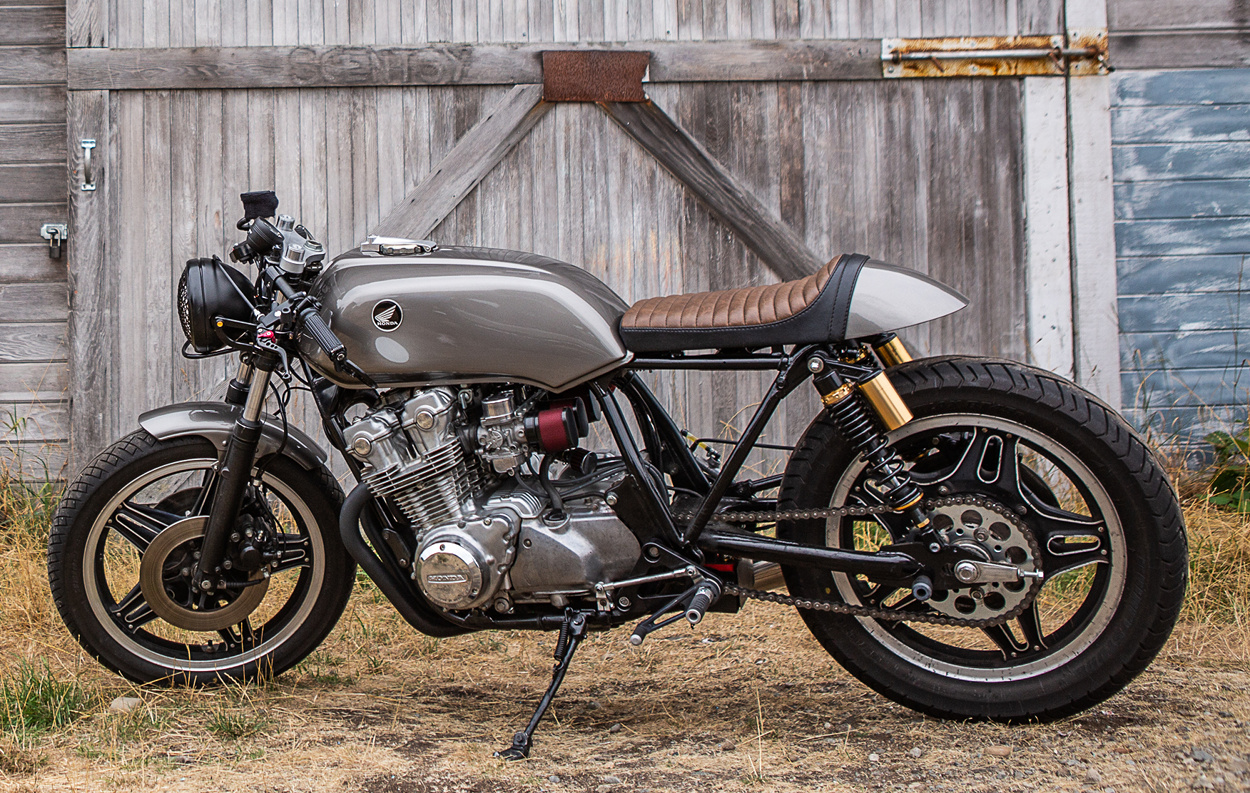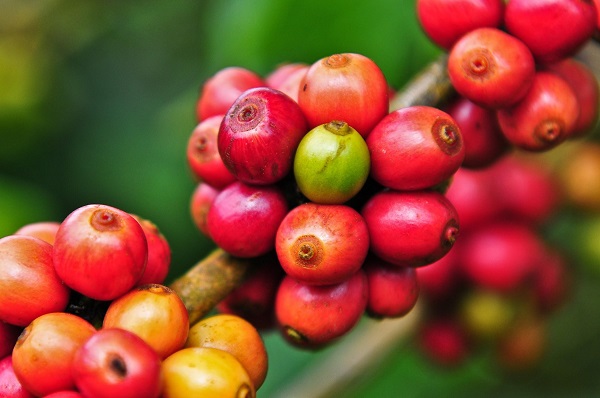frequently, lactating mothers consider resuming coffee consumption if they stopped drinking it during pregnancy, at which point doubts may arise about whether caffeine can pass to the baby through milk and whether it implies a risk for the infant.
Can I drink caffeine while breastfeeding?
caffeine, both from coffee and other drinks (infusions or soft drinks), ingested by the mother passes into breast milk in a certain amount, so that when the baby breastfeeds it can receive this caffeine and cause irritability, insomnia or restlessness . Despite this, the consumption of a certain amount of caffeine during lactation is considered safe by the American Association of Pediatrics and by the Spanish Association of Pediatrics.
Reading: Cafe y lactancia
It is considered that if the dose of caffeine ingested by the mother is greater than 300 mg per day it is (in single doses not greater than 200 mg) when symptoms may appear in the baby. therefore 2-3 cups of home-brewed coffee could be considered safe for infants. However, keep in mind that each baby’s sensitivity to caffeine is different and there may be children more sensitive than at a lower dose presenting symptoms.
caffeine takes about an hour to fully pass into the bloodstream and about five hours to be completely eliminated from the body. Therefore, a strategy that can be used to prevent the baby from getting small or moderate amounts of caffeine is to wait some time from the time you drink the caffeinated beverage until you nurse the baby. if 4 to 5 hours have passed, the amount of caffeine left in the mother’s body is already very low and, in the same way, the amount that may be in the milk will also be low
in any case, if the baby ingests caffeine, it must also be taken into account that they do not metabolize it as quickly as adults, so it remains in their body for longer hours, even days. thus, it is advisable not only to take into account the dose of caffeine that the mother takes, but also that it can accumulate if it is taken habitually and frequently and be in a greater amount due to the cumulative effect.
caffeine out of coffee
See also: Your Ultimate Guide to Different Types of Coffee and Coffee Makers
Another aspect that should not be forgotten is that caffeine is not only in coffee but we can ingest it from other foods or drinks. Coffee has between 40 and 200 mg of caffeine per 100 ml depending on the type of coffee, as Juan Revenga well explained in this article. On average, a normal coffee could have between 60 and 100 mg of caffeine. that is to say, that for a coffee, a priori, nothing should happen to the baby. however, we must remember that caffeine is found in other beverages, foods, or even drugs. For example, a can of cola (330 ml) can have between 93-106 mg of caffeine (if it is light between 114 and 122 mg); a black tea of about 180 ml could have between 4 and 16 mg of theine, 40 g of dark chocolate contains about 194 mg of theobromine, in a 330 ml energy drink there are between 100 and 230 mg of caffeine and in a chocolate bar energy about 100 mg. theobromine and theine are substances from the caffeine family that act at the same level and in a very similar way. And regarding medications, many drugs, some very common, contain caffeine as an excipient in their composition, so it is important to pay attention. among them is aspirin (50 mg of caffeine per tablet), biodramina (50 mg per tablet) or desenfriol (32 mg per sachet).
in any case, if despite a low consumption of caffeine the baby presents symptoms such as irritability, problems falling asleep or nervousness that are not typical of his character, it is recommended to stop caffeine consumption for a few days and observe his evolution, since caffeine could be the cause of irritability and we must be attentive to see if the symptoms improve in the baby when caffeine is removed after a few days.
safe or low risk quantity
In summary, the amount of caffeine that is considered safe or low risk for the baby is a mother’s intake of less than 300 mg per day. that is, about two or three cups of coffee. although the final summation of the day in the consumption of caffeine from other products must be taken into account. In addition, if we space out coffee drinking with the baby’s intake, we try to ensure that the amount of caffeine that remains in the body and in the milk, and therefore that which reaches the infant, is less. In any case, it must be remembered that it is much more important to continue breastfeeding than to pass small amounts of caffeine to the baby (as long as they do not cause symptoms), so avoid giving up breastfeeding for a cup of coffee.
See also: Cafe Du Monde New Orleans





